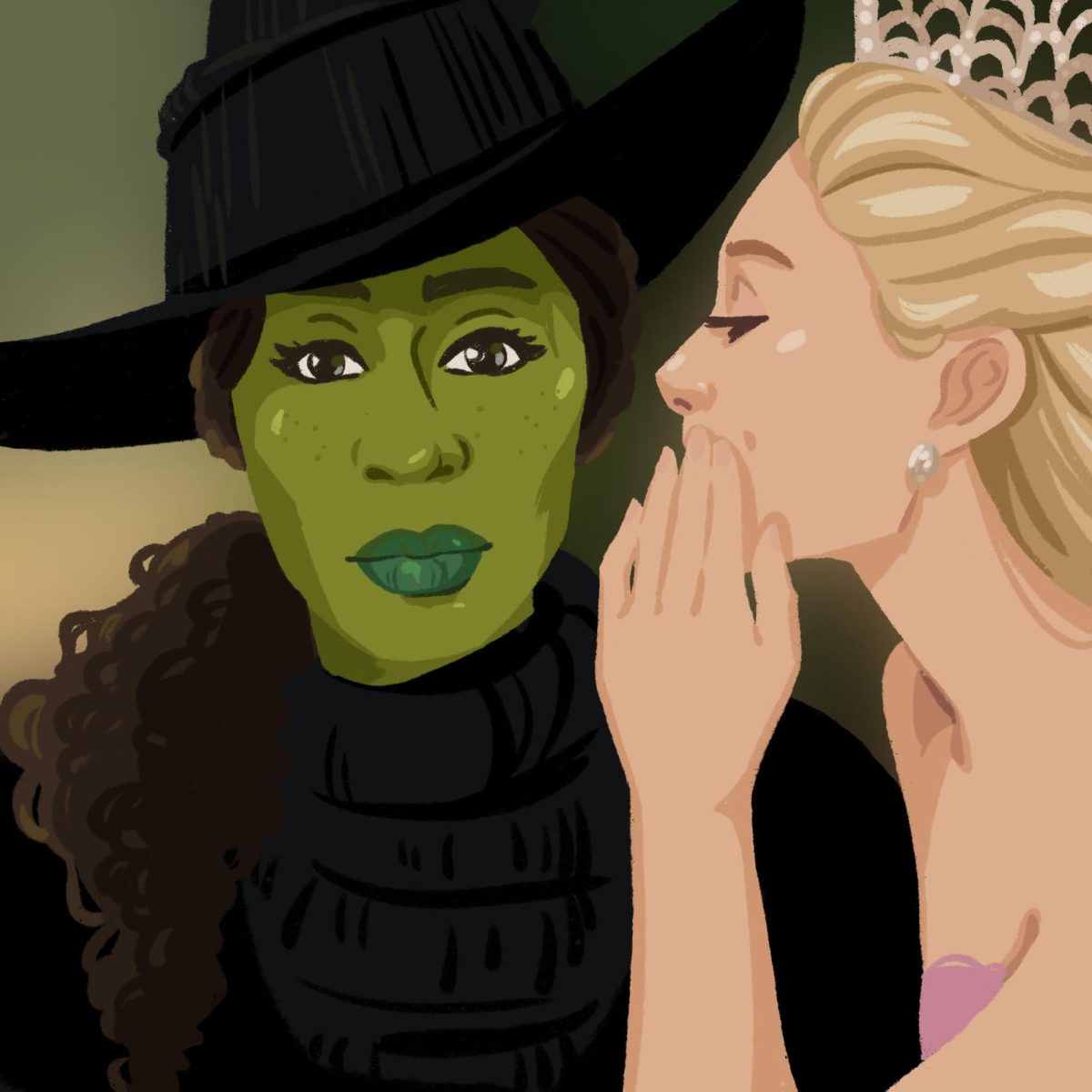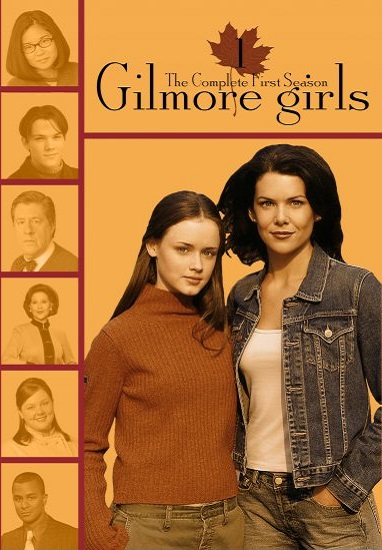The Promise isn’t really a new Springsteen album. That’s a good thing, in that it’s a fantastic album and Bruce hasn’t made anything truly great since 2002’s The Rising, but it’s bad because the guy really needs to redeem himself with a real new album after Working on a Dream.
Even so, The Promise is far from a letdown. Composed entirely of outtakes from 1978’s Darkness on the Edge of Town (arguably Bruce’s best album), The Promise offers a rare look into Springsteen’s songwriting process and the sheer amount of work that went into the making of Darkness.
It’s not Bruce’s first outtakes album — 1998’s Tracks gave an overview of Springsteen’s career through rejected songs, most of which were quite good, but the album on the whole suffered due to the the sheer number of tracks. It was later condensed (some would say dumbed down) to 18 Tracks, whose salvation came from its inclusion of the previously unreleased “The Fever” and a stripped-down version of “The Promise.”
What’s strange about The Promise is that, for an album of Darkness outtakes, it doesn’t sound much like Darkness. Apparently, Bruce experimented for a while with a beefed-up horn section and brighter guitars and developed a tangoey, almost mariachi sound that doesn’t appear anywhere but The Promise. Many of the songs have a Roy Orbison or Sam & Dave sort of feel, as though Bruce tried to work in the influence of his teenage musical taste. At times it seems the outline of a lost Springsteen album is visible here, between Darkness and The River.
The Promise starts strong, with a harder, more rock and roll version of “Racing in the Street” that could easily have replaced the piano version on Darkness. There were actually several songs that seemed as though they could real contenders for inclusion, though in the end, I think the right cuts were made. Darkness’ strength is in its focus and its balance, and including any of the songs that were cut would only weaken the album.
Everything between “Gotta Get That Feeling” and “Rendezvous” sounds pretty much the same. They’re not bad songs, but they’re not great, and they all sound like what they are — an awkward transition between albums. “Candy’s Room” shows up as “Candy’s Boy,” in a disturbing Jimmy Buffet-sounding arrangement, and there’s an early version on “I’m on Fire” from Born in the U.S.A., called “Spanish Eyes,”
Many of the songs are longer than necessary and most follow the same pattern, so this first half of the album tends to blend together and the songs lose what little individuality they have. They’re interesting to listen to as a part of Springsteen history, but not particularly catchy or deep.
After this, the album starts to pick up. There are a few tracks that more casual fans would know from their status as unreleased live hits — “Fire” and “Because the Night” being the big ones — though they’re not much better than the live versions already available on Live/1975-85. “Rendezvous,” from Tracks, makes its return as well, though it’s much slower and lacks the energy that made it great. It’s one of only a few songs on the album that aren’t an improvement over their currently-released forms.
But it only gets better from there. The jangly proto-River tracks that are the real meat of the album show up at this point, and they avoid making the mistake that The Promise’s first half makes — each sounds distinct from the one before it. “Talk to Me,” “It’s a Shame” and “The Little Things (My Baby Does)” could easily have been hits in the vein of “Hungry Heart.” They were just too happy for Darkness and there wasn’t space on The River.
The title track is a big name, a legendary unreleased track that was performed live only for a short while in the seventies. The only version currently available, and the one most fans are familiar with, is the depressing acoustic version from 18 Tracks. The song itself is far from happy — it’s about Springsteen’s bitter legal battle with his producer after the release of Born to Run, and it takes the form of a quasi-sequel to “Thunder Road,” showing how terrible everyone’s life has become since the narrator and Mary broke out of small-town purgatory. The Promise’s version doesn’t lose any of the fatalistic attitude, but the arrangement is improved so much that “The Promise” goes from post-Nebraska suicide-inducer to Darkness-era defiant ballad. It’s far superior, and would have fit flawlessly on Darkness on the Edge of Town.
Listening to the album I was struck by just how much Bruce’s voice sounds like it does now on a few tracks, especially the obvious contender for single status “Save My Love.” Turns out not only were these outtakes remastered, a few were mostly re-recorded. Even on an album of rejected songs from thirty years ago, Springsteen manages to prove that he’s still got it.






